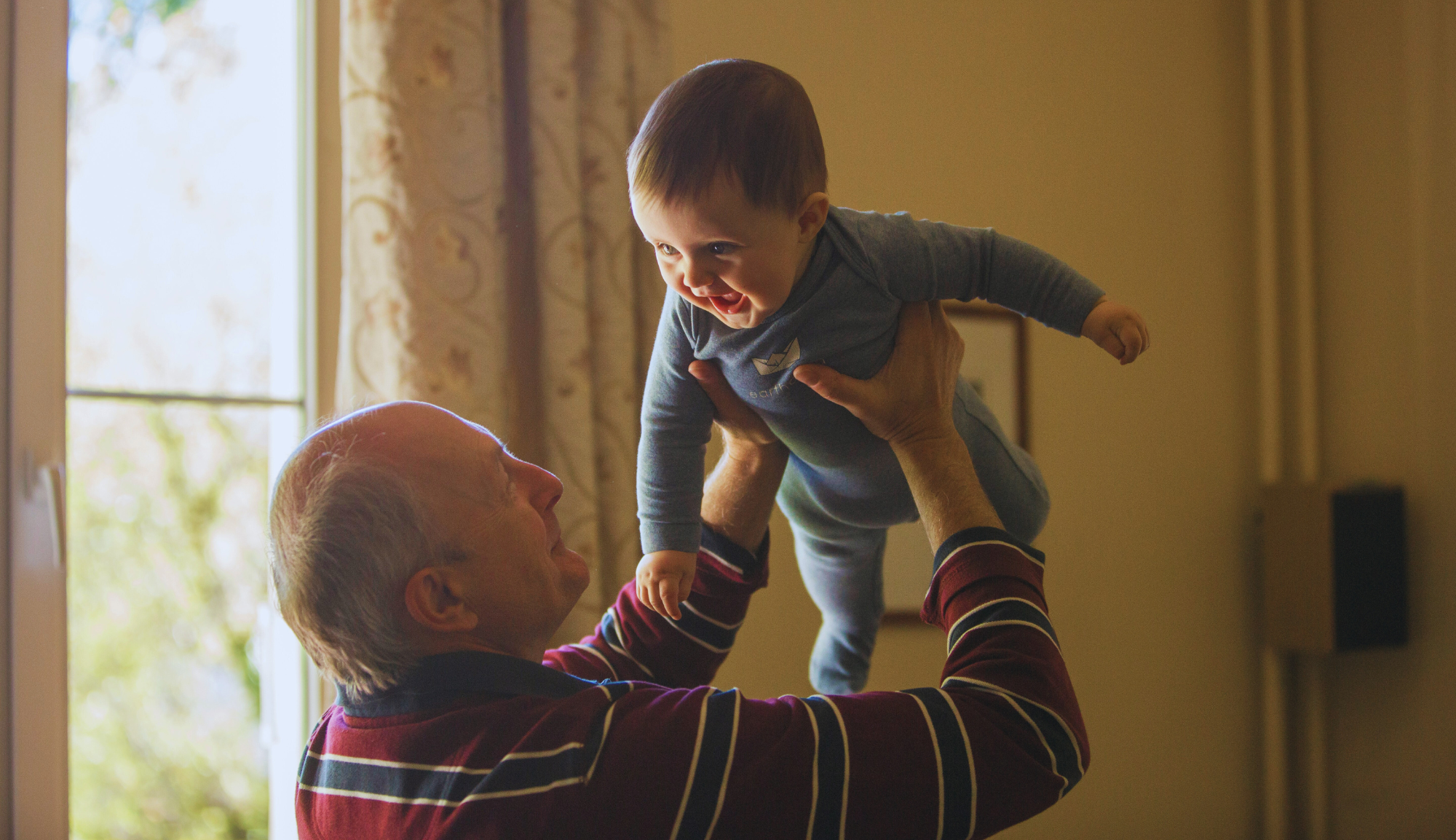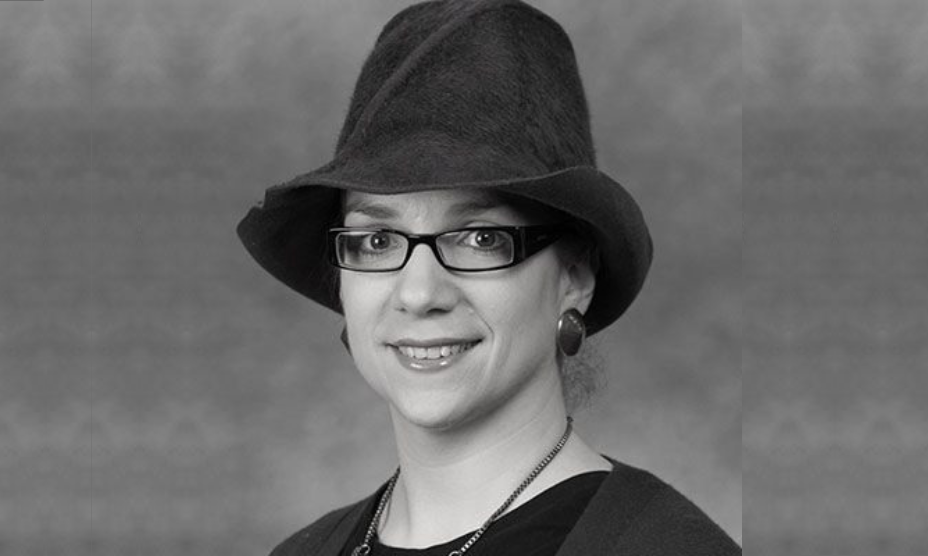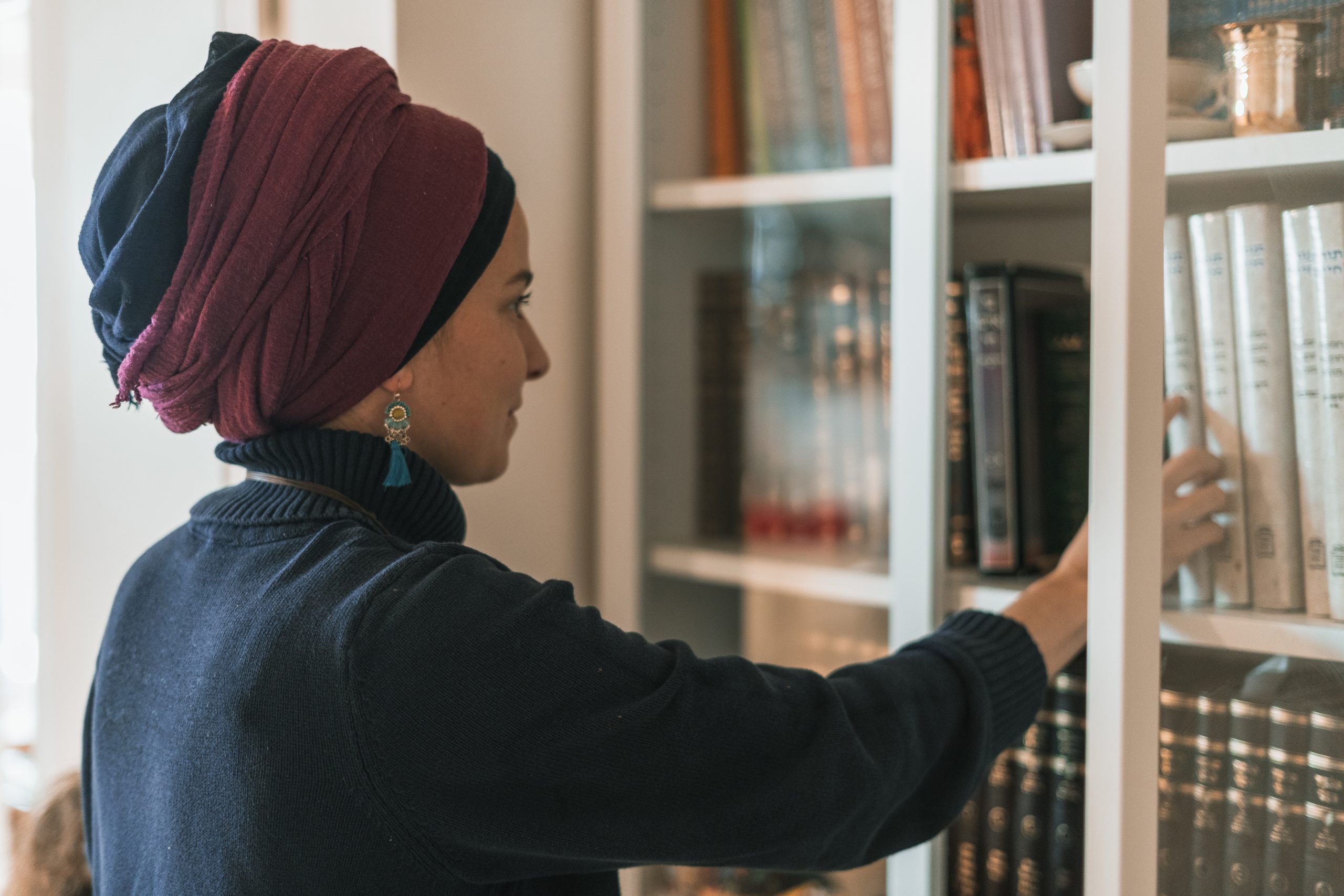This past month, we spoke with families whose love was challenged by—and enlarged by—intergenerational divergence. Simply put: Families who faced change and grew from it. Each family has their own story, specific in their beauty, and the three families that we met this month are no different. These conversations hit home for many, in more powerful and far-reaching ways than we first imagined.
Why did this subject strike a chord more than all the other topics?
To answer this question, we have to look back, way back to Genesis.
Have you ever considered the families of the Torah? It is an underappreciated and often ignored element of the foundational text of our tradition that this Book—which laid the groundwork for millennia of family-centered values—presents a particularly complex account of its founding families. From Adam and Chavah’s blame game in the Garden of Eden, to their murderous son, the Torah is filled with conflicts between parents and children, siblings, half-siblings, cousins, neighboring tribes, and all possible iterations therein.
The Torah models for us families made perfect by their imperfection, by their constant and troubled attempts to develop and grow throughout their remarkable struggles and internal adversity.
The question lurks, slyly smirking under the surface of our bourgeois assumptions about nuclear religious families: Why are the families in the Torah so conflicted? Why are they all marked by such disagreement, difference, and conflict?
When we consider our own assumptions about a family, what do we find? What do we expect a family to look like? Influenced by the images and dreams that fill our newsfeeds, from Disney Channel to Jewish advertisements, it is too easy to fall into the assumption that the perfect family is just that: perfect. Unflawed, prosperous, cohesive, it takes little to believe in the family that is a sort of Platonic ideal, the ultimate paragon of a family. We see these families from afar, perhaps in photogenic pictures shared on Facebook, or across the street as they walk home from shul in matching outfits. We realize that we gaze from afar, but our idealizing self doesn’t care. We evaluate what is our own by this standard and inevitably come up lacking.
Perhaps the Torah—that marvelously idealistic book that marries the weighty realities of heaven with the grounded idealism of earth—is trying to highlight for us that even embedded in the originary text of the family is the requisite perfection of imperfection. Perhaps the ‘family’ was always more complicated than we are comfortable admitting.
The Torah models for us families made perfect by their imperfection, by their constant and troubled attempts to develop and grow throughout their remarkable struggles and internal adversity. The generations of the founders of our religion were marked by radical and fundamental change, and yet we are told time and time again of the unbreaking chain of tradition, of the genetic lines and familial threads that comprise frustratingly long portions of the Torah.
Do we have the audacity to measure our own families not by the seeming perfection of the families of Instagram, but instead by the tragically imperfect standards of our matriarchs and patriarchs?
Perhaps deep down, underneath the many beliefs and hopes that we have about the perfect family, and how unchanging our own narratives might be, we all have the nagging suspicion that we aren’t the only ones who have experienced the challenges of change. A subtle, but deeply rooted question mark about the storm of progress in each of our homes marks this barely born hope—or learned lesson—that we might just emerge from adversity marked not by the scars of difference, but with the strength of growth. By considering the stories of three families whose love and profundity are humbling, we are reminded of our own children, parents, cousins, and neighbors, considering all in a more compassionate light. Each family suggested a different quality of this truth, a different road taken in learning appreciation and acceptance.
The Gramas taught us that we have to throw out our notions of how the love between parents and children has to look, our conception of what accepting love looks like.
The Frischs taught us to look not only for acceptance, but that we can even respect the differences between us, seeing in our differences a dignity, a power.
The Penners taught us that we cannot hold on to our own agenda, seeking to score points or lose points strategically: we have to choose family above all else.
From these conversations, we might learn one more truth. Who is out of place in these families? In a traditional narrative around these questions, it has long been easy to speak of the ‘problem child,’ the ‘kid-at-risk,’ who must be tolerated and dealt with, rejected or accepted. But at this point, it might be possible to reconsider this narrative and look not at one troubled person that forces the rest of the family to change, but rather a process of reconsideration that the entire family must undergo together, invited by one. Instead of a problem-child or problem-parent, we see instead invitations for growth, invitations to do the radical and often challenging work of reconsidering our own notions about life and love and family and opting instead for the complex truth of family through it all. This might help us develop a more resilient religious life, as well as a more textured love, one that has been tested and challenged.
More broadly, perhaps this is a key message that we are often lacking in our lives; Life is imperfect, the road is indeed long and winding, and the purpose is in the process. This is what 18Forty hopes to provide, a window into the power and possibility that dwell in the heart of a real and honest approach to contemporary life.
No family is perfect; each imperfectly flawed in their own unique way. But perhaps in our imperfections, in the flaws and facets that make our families our own, we might yet realize a deeper love for each other, and find that in the heart of imperfection, a deep perfection resides.





































